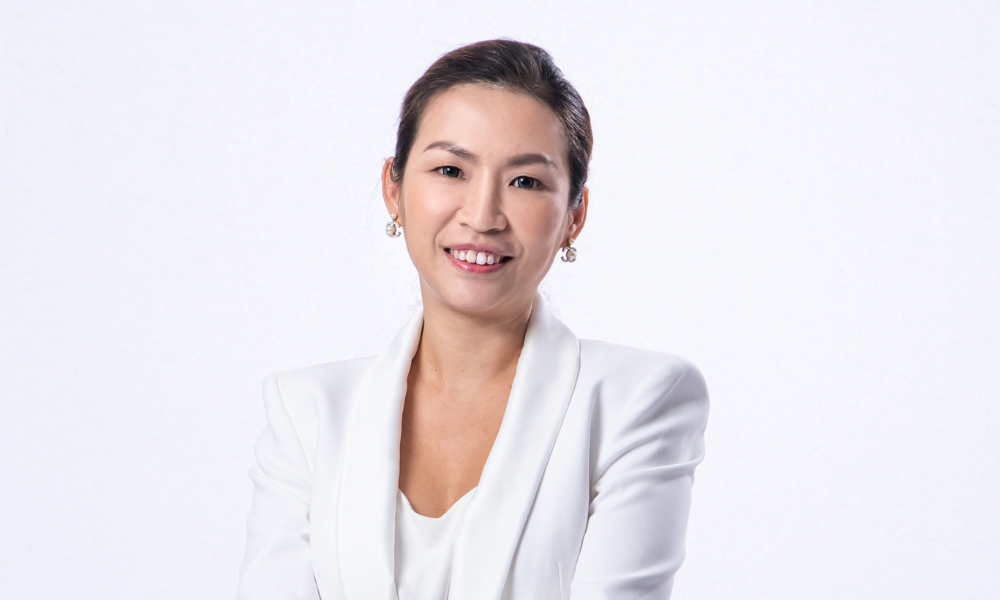With Singapore’s present focus on the rising pollution outside, it is all too easy to forget that air quality inside the office can also make employees sick
Poorly-designed workplaces can cause a number of health symptoms, an effect experts call sick building syndrome (SBS). With pollution levels rising across Singapore, HR should be aware of how they can tailor their office interiors to combat SBS and improve overall worker wellbeing.
SBS is a transient collection of symptoms, says Cheng Ming Chin, senior lecturer and diploma unit head of green building & sustainability at Temasek Polytechnic. This means an employee may display symptoms while inside the workplace yet feel better once they are outside.
SBS can be caused by a variety of environmental factors including:
While the symptoms of SBS typically disappear after the individual has left the workplace, there have been cases of long-term effects occurring in people who have worked in a “sick building” for many years.
HR can take care of the wellbeing of their staff by ensuring their workplace complies with the following legislation:
During the haze season, HR should also bear in mind that the outside air is contaminated as well. Extra precautions should be made to take care of employee health and wellbeing.
“Under such circumstances, windows should be closed to minimise the infiltration of contaminated outdoor air. Air purifiers can be used to remove pollutants from the air in the office,” Cheng adds.
Related stories:
Firms combat haze risk with creative staff policies
Why you need a new sick leave policy
Dishing the dirt on office germs
SBS is a transient collection of symptoms, says Cheng Ming Chin, senior lecturer and diploma unit head of green building & sustainability at Temasek Polytechnic. This means an employee may display symptoms while inside the workplace yet feel better once they are outside.
SBS can be caused by a variety of environmental factors including:
- Poor indoor air quality (IAQ)
- Air temperature or relative humidity that is too low or high
- Inadequate fresh air or low air movement
- The existence of harmful airborne contaminants
While the symptoms of SBS typically disappear after the individual has left the workplace, there have been cases of long-term effects occurring in people who have worked in a “sick building” for many years.
HR can take care of the wellbeing of their staff by ensuring their workplace complies with the following legislation:
- The National Environment Agency’s Environmental Public Health Act
- The Ministry of Manpower’s Workplace Safety and Health Act
- Singapore Standard 554: Code of Practice for Indoor Quality for Air-Conditioned Buildings
- The National Environment Agency’s Guidelines for Good Indoor Air Quality in Office Premises
During the haze season, HR should also bear in mind that the outside air is contaminated as well. Extra precautions should be made to take care of employee health and wellbeing.
“Under such circumstances, windows should be closed to minimise the infiltration of contaminated outdoor air. Air purifiers can be used to remove pollutants from the air in the office,” Cheng adds.
Related stories:
Firms combat haze risk with creative staff policies
Why you need a new sick leave policy
Dishing the dirt on office germs





